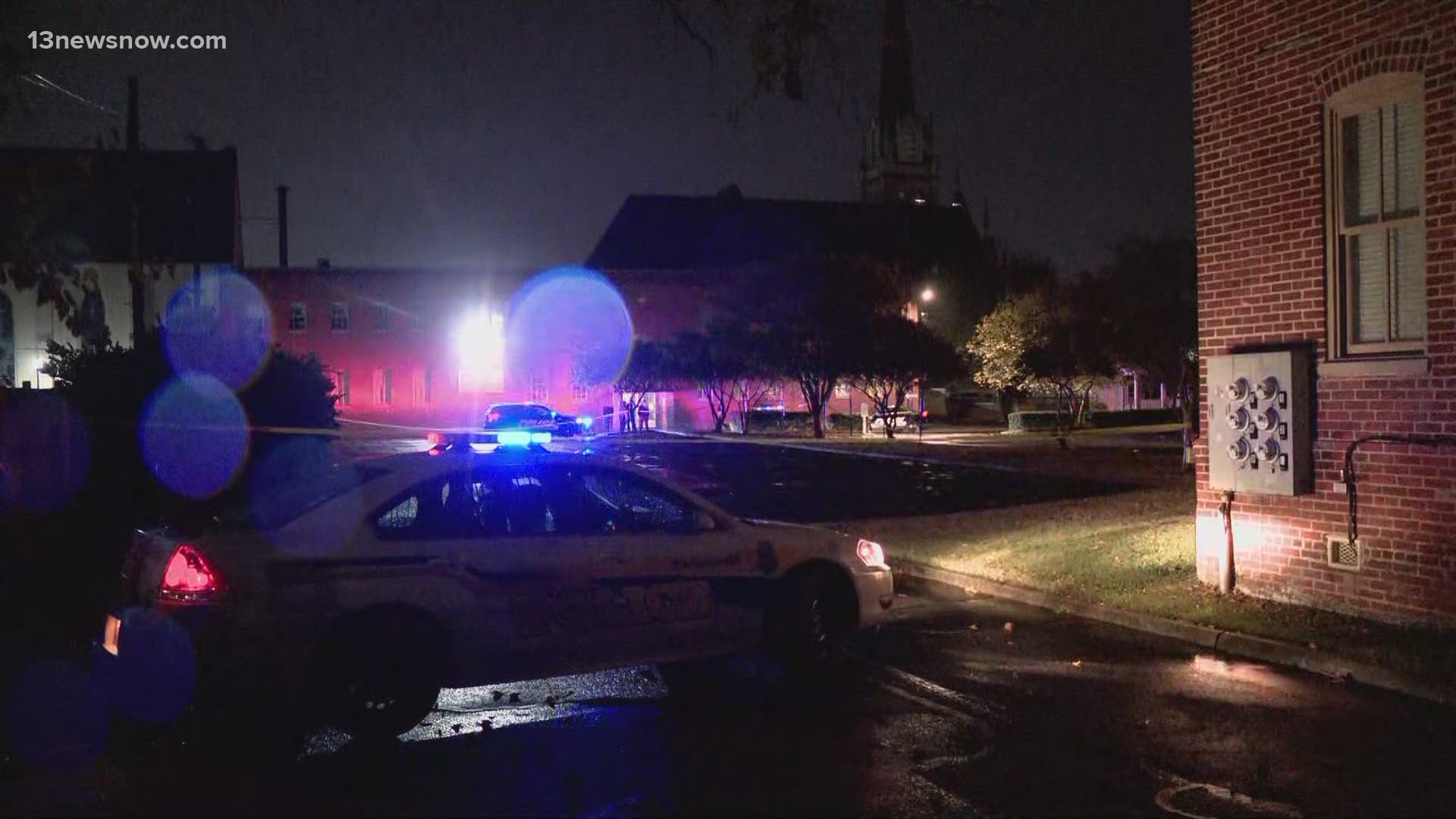ALEXANDRIA, Va. — A judge has allowed prosecutors to move forward with their case against a former intelligence analyst charged with leaking classified documents about military campaigns to a reporter, according to court papers unsealed Wednesday.
Daniel Hale of Nashville, Tennessee, is charged in federal court in Alexandria under the World War I-era Espionage Act. That law makes it a crime to disclose national defense information to those not entitled to receive it.
Prosecutors said Hale provided a reporter with 11 top-secret or secret documents about the government's use of drones against al-Qaida and other targets.
Hale sought to have the case dismissed, arguing that the law is being used to suppress freedom of the press.
In recently unsealed court documents, U.S. District Judge Liam O'Grady rejected the motions to dismiss. He said similar arguments have been made and rejected by federal appeals courts.
Hale's lawyers say the Espionage Act was intended to target spying. In recent years, though, they say the law has wrongly been used against whistleblowers exposing government wrongdoing.
Court papers do not identify by name the reporter who allegedly received the leaks, but details in the indictment make clear that Jeremy Scahill, a founding editor of The Intercept, is the reporter who received them.
The indictment states that many of the classified documents were disclosed in an October 2015 news article. On Oct. 15, 2015, Scahill published an article on The Intercept titled "The Assassination Complex" that relies on "a cache of secret slides that provides a window into the inner workings of the U.S. military's kill/capture operations at a key time in the evolution of the drone wars."



